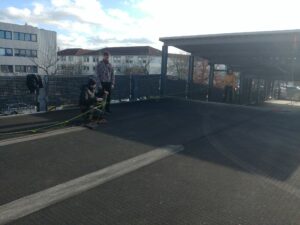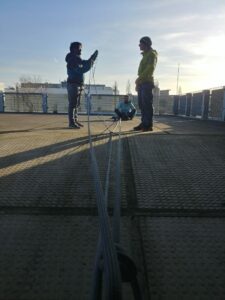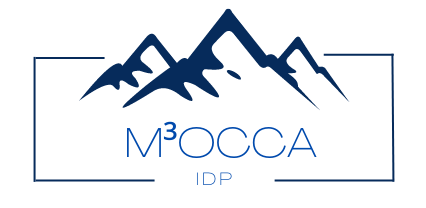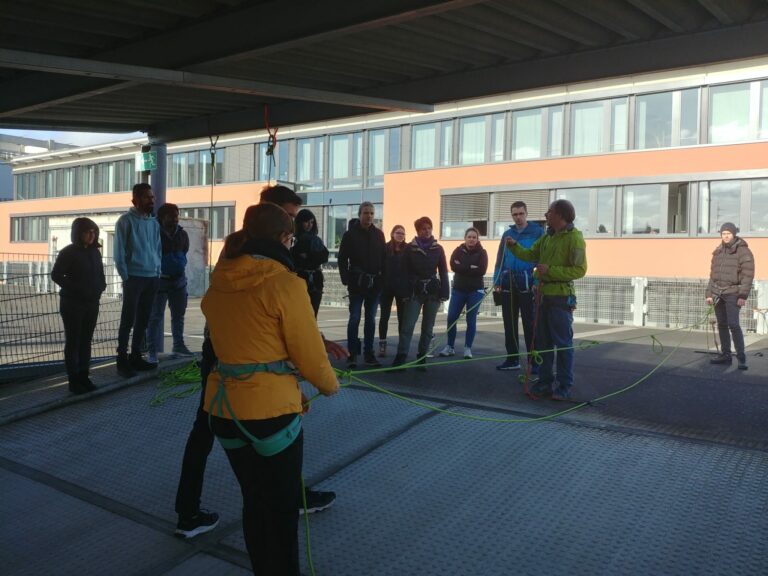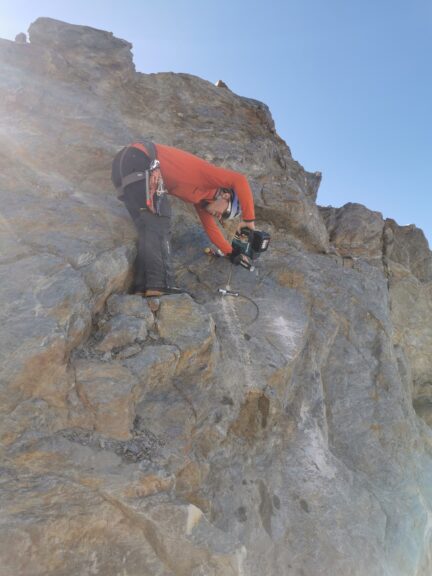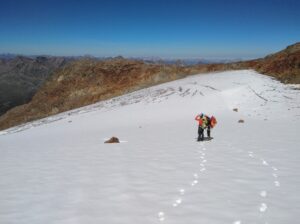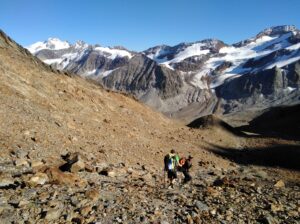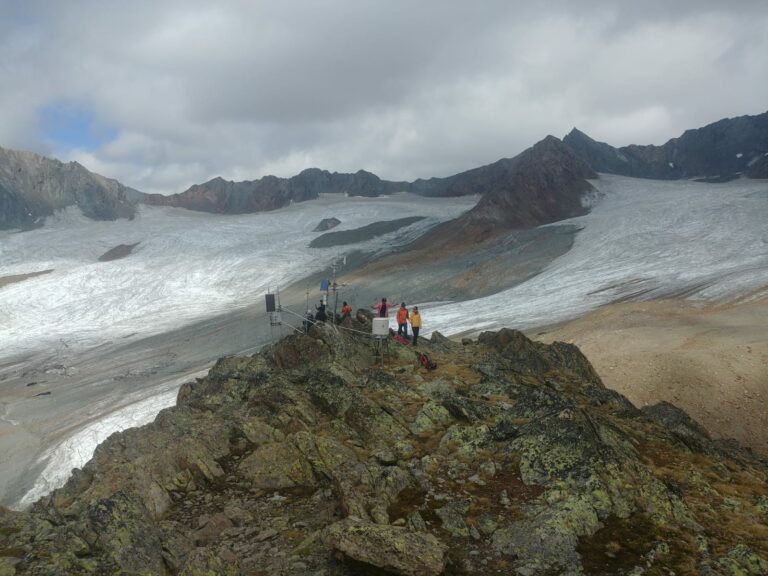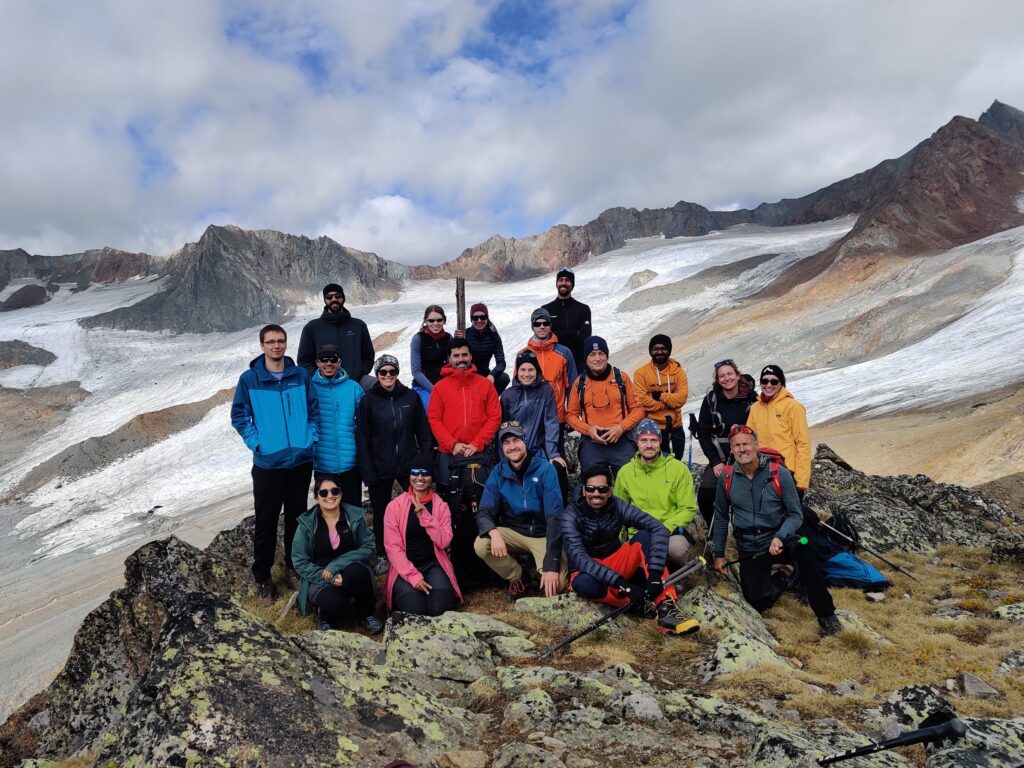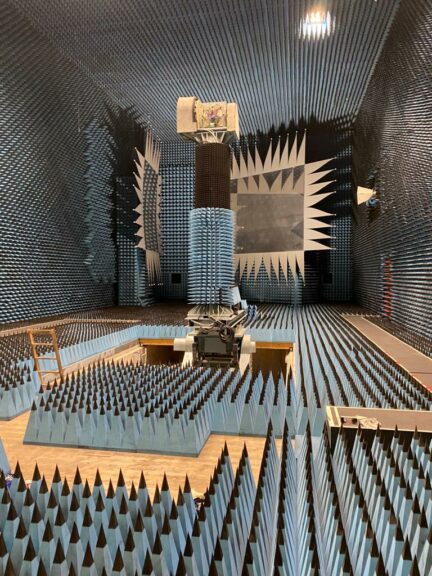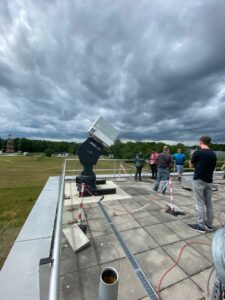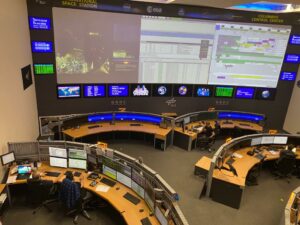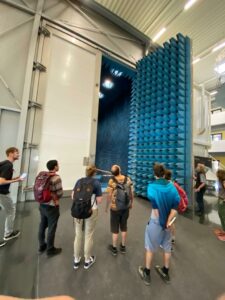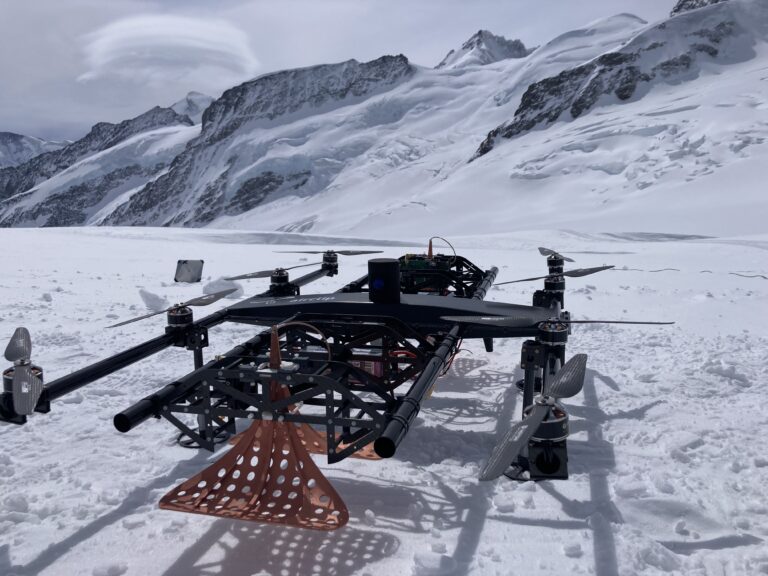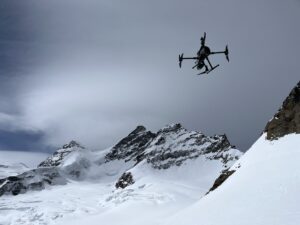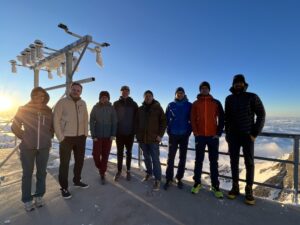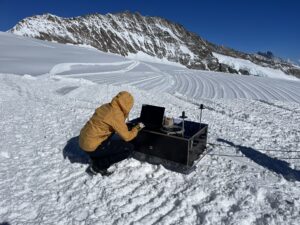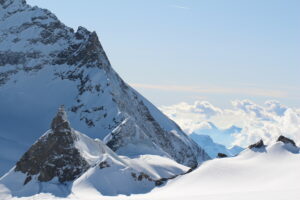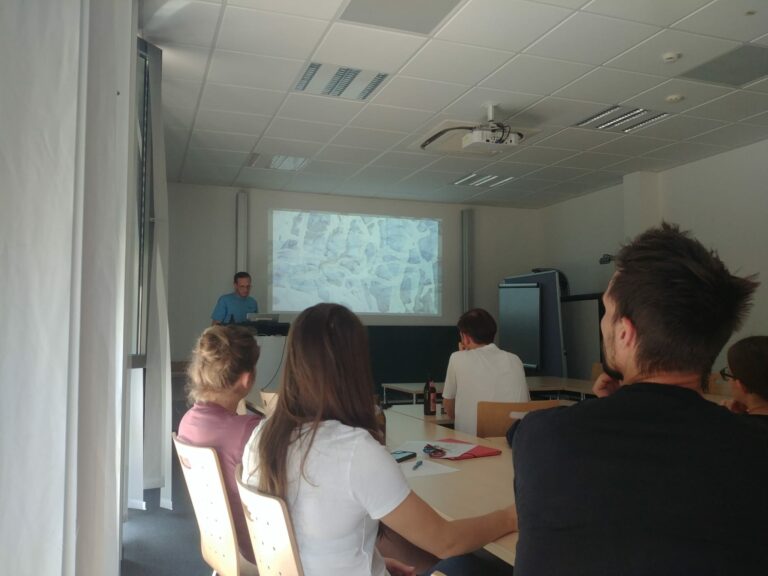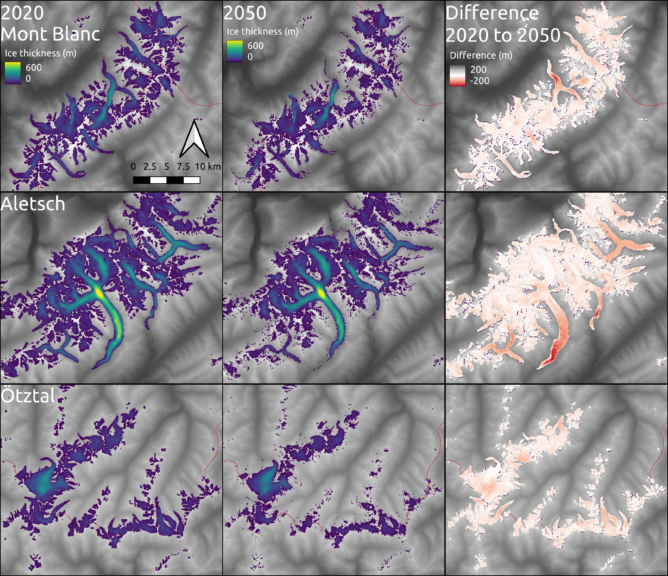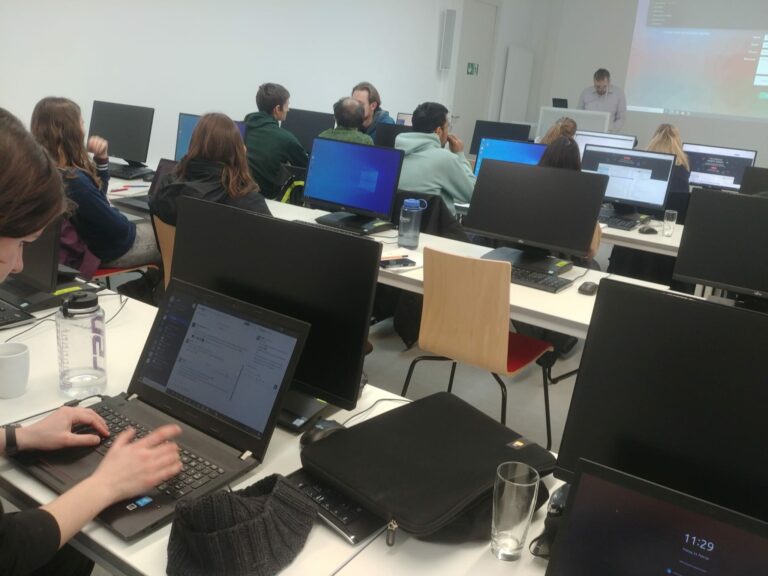The Institute of Geography at FAU Erlangen-Nürnberg will host an invited talk by Dr. Samuel Cook (Univ. Lausanne).
When: Wednesday, 17.05.2023, 12:30-14:00
Where: Seminar room, Wetterkreuz 15, 91058 Erlangen
Abstract:
I present my ongoing work using the emulator from the Instructed Glacier Model (IGM) (https://github.com/jouvetg/igm) to invert for ice thickness at the 200,000 glaciers in the world outside the polar ice sheets. The basis of the emulator is a convolutional neural network trained on the outputs of full-Stokes simulations of real glaciers. Provided with surface velocities – taken from the new global dataset compiled by Millan et al. (2022) – and surface DEMs, this emulator can invert for thickness at any glacier in the world with a comparable accuracy to traditional full-Stokes inversion, but at a fraction of the computational cost. This allows us to greatly improve our estimates of global glacier volume, vital both for prediction of sea-level rise, but also for local communities in mountainous areas, who often rely on glacier melt for a large proportion of their water resources. I will discuss the rationale and methods behind my work, as well as preliminary results and the problems I’m currently working on.

